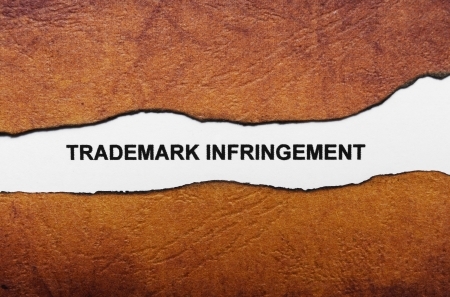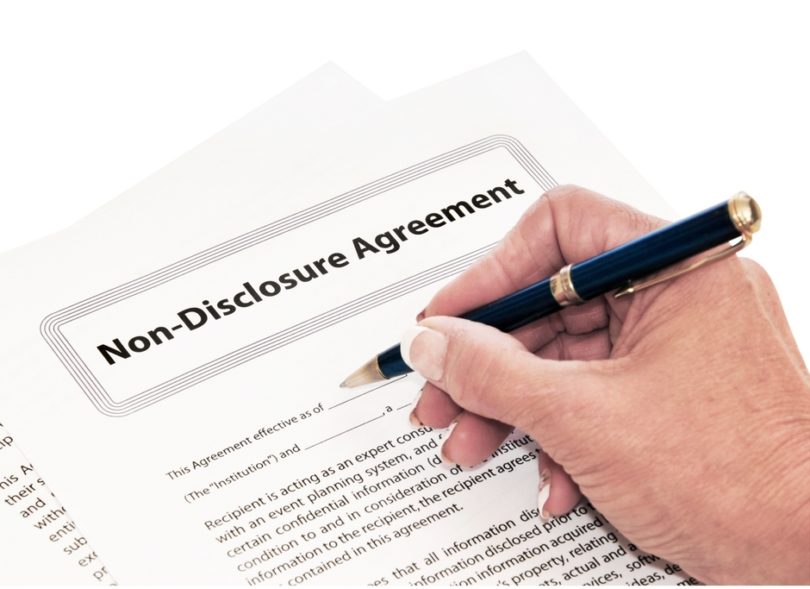If your business creates software or simply uses it to perform work – let’s face it, what business doesn’t use software in one way or another – we encourage you to take note of a recent ruling made by the U.S. Court of Appeals for the Ninth Circuit. The case – Design Data Corp. v. […]
How to Block Registration of a Troublesome Trademark with a Letter of Protest
We are often contacted by clients who want to block registration of a competitor’s trademark because it’s too similar to their own. In some cases, the method we use to accomplish the client’s objective is to file a letter of protest with the U.S. Patent and Trademark Office (“PTO”) on behalf of the client. These […]
Biggest Threat to Your Company’s Trade Secrets
For many people, trade secret theft evokes images of an international technological superspy using complex cyber-tools to engage in corporate or national espionage in cyberspace to steal the crown jewels of company or country. In reality, the more common, less dramatic and yet more dangerous threat to a company’s proprietary information comes from within. Current […]
Protecting Your Trade Secrets Where State Law and Federal Defend Trade Secrets Act Meet
When it comes to protecting your company’s trade secrets, one of the most important remedies you can secure is a court order preventing a former employee from making use of the trade secret for the benefit of a competitor. From your perspective, it’s impossible for an employee who received your company’s crucial business information to […]
When Should I Use Patent Protection, Trade Secret, or Both?
Intellectual property owners can protect certain information either by obtaining a patent or by maintaining its secrecy. A patent provides strong, exclusive rights for a fixed period of time, generally twenty years. A trade secret may last indefinitely, but protection can be lost through independent development, reverse engineering, or failure to maintain secrecy. There are […]
- « Previous Page
- 1
- …
- 9
- 10
- 11
- 12
- 13
- …
- 16
- Next Page »





